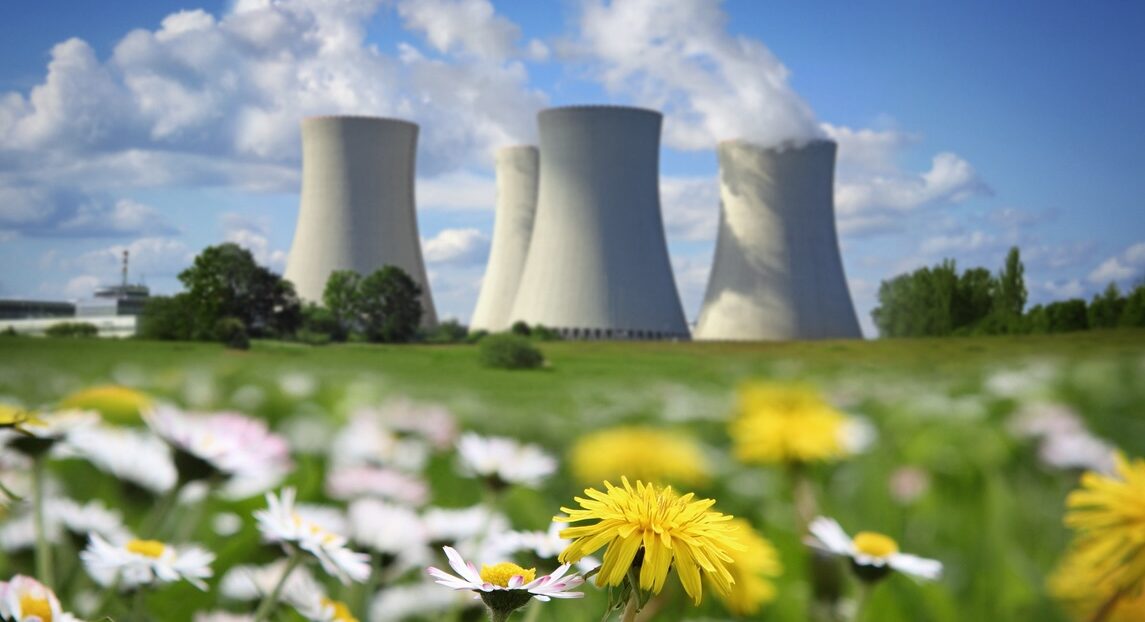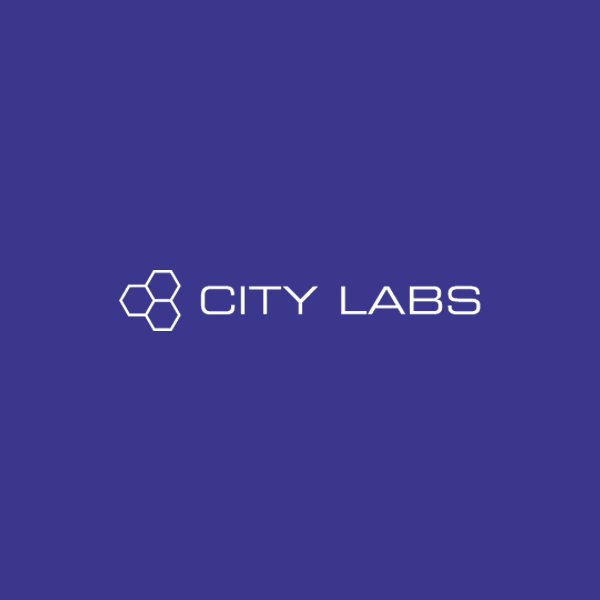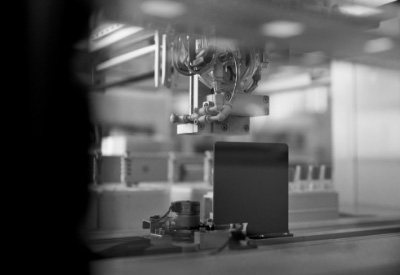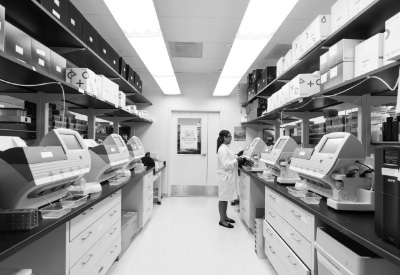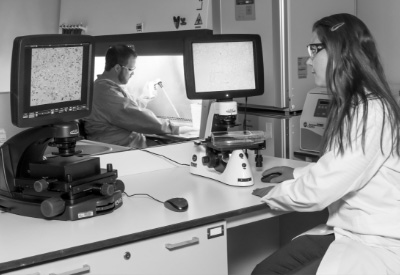In a world where the conversation around energy is dominated by sustainability and safety concerns, nuclear power often finds itself at the center of controversy. City Labs is committed to demonstrating nuclear technology’s untapped potential and inherent safety through our groundbreaking NanoTritium™ batteries.
Myth: Nuclear Energy Is Unsafe
The belief that nuclear energy inherently poses high risks is a significant misconception. It is also untrue that all nuclear energy sources pose equal risks. Technological advances have greatly enhanced the safety protocols of nuclear energy and related facilities on a global scale, dramatically reducing the likelihood of accidents.
While City Labs does utilize nuclear energy in the form of tritium in our NanoTritium™ battery line, there are no associated safety risks due to a combination of precautionary safety measures taken by City Labs and the natural properties of tritium. This naturally occurring radioactive isotope of hydrogen is a low-energy beta particle emitter that cannot penetrate human skin, meaning the only associated health risks would come from ingesting tritium.
These batteries are also hermetically sealed in ceramic packaging sealed with a Kovar lid, blocking the external emission of any radioactivity. This approach safeguards both end-users and the environment from potential radiation exposure, making it a safe choice for today’s energy needs.
Myth: Nuclear Power Is Bad for the Environment
One of the most pervasive myths is that nuclear power significantly harms the environment. However, the reality is that nuclear power has a considerably lower carbon footprint than more traditional energy sources like coal and oil. Its ability to produce massive amounts of clean energy from a small amount of fuel without emitting greenhouse gases is a critical factor in combating climate change.
City Labs’ NanoTritium™ batteries illustrate the environmental benefits of nuclear technology even further. These batteries harness tritium’s decay to generate electricity—a process that produces no air pollution, no greenhouse gases, and minimal waste. The tritium used in these batteries is enclosed securely, ensuring it does not contaminate the environment. This makes them ideally suited for powering devices in sensitive or pristine areas.
Moreover, the efficiency and longevity of NanoTritium™ batteries mean fewer resources are used over time, reducing the environmental impact associated with manufacturing, transporting, and disposing of traditional batteries. As public awareness grows and technology advances, nuclear power—especially in forms like City Labs’ batteries—stands as a cornerstone for future sustainable energy systems, helping us meet our energy needs while protecting the planet.
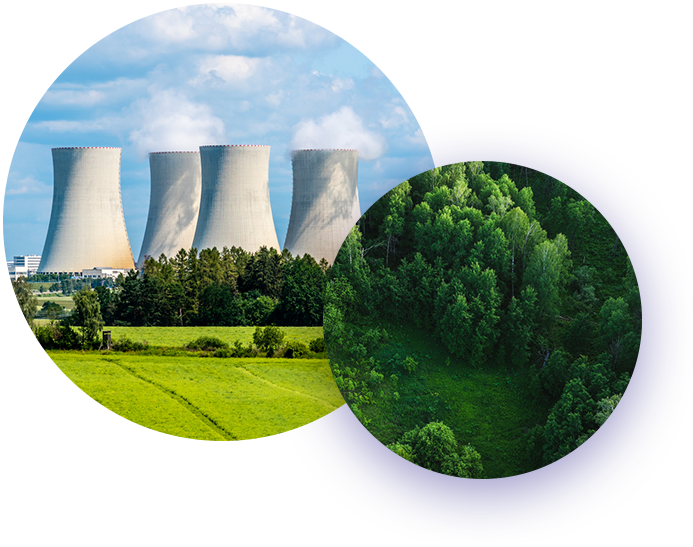
Myth: Nuclear Waste Is Unmanageable
Nuclear waste management is often misunderstood, fueling misconceptions about its risk. In reality, nuclear waste is handled with highly sophisticated and regulated processes that ensure safety and minimize environmental impact.
The volume of waste produced by nuclear power is actually much smaller compared to waste from fossil fuel production. Specifically, the waste from City Labs’ NanoTritium™ batteries is exceptionally minimal and even less problematic.
Tritium, which has a relatively short half-life of about 12.3 years, decays into harmless helium. This means that within a few decades, the waste’s radioactivity diminishes to negligible levels, making its long-term storage and management much simpler compared to other forms of nuclear waste. This aspect of tritium-based technology underscores its suitability for applications where environmental conservation and waste reduction are priorities, bolstering its adoption in sectors ranging from healthcare to space exploration.
City Labs employs stringent safety protocols—including multiple containment layers and continuous monitoring—in strict compliance with regulations from the Nuclear Regulatory Commission and the Florida Department of Health, ensuring that even minimal amounts of waste pose no environmental or public health risks.
Myth: Nuclear Technology Is Stagnant
Contrary to the misconception that nuclear technology is not progressing, companies like City Labs demonstrate that nuclear technology is a rapidly evolving field with several immediate and future use cases. Our NanoTritium™ batteries, known for longevity and reliability, are powering important use cases for low-power microelectronics ranging from medical devices, remote sensing, and aerospace technologies.
Recently, City Labs’ nuclear battery technology has garnered numerous accolades and contracts, including:
- A NASA Innovative Advanced Concepts award to develop tritium-powered sensors for the lunar south pole region
- A grant from the U.S. Air Force to develop power sources for COMSEC systems to operate at the nanowatt level
- Another U.S. Air Force grant to develop a tritium-powered AA battery to power COMSEC crypto key security
- A third U.S. Air Force grant to design and test a novel nuclear ion engine to power small satellites
- A grant from the U.S. Space Force to develop tritium-powered autonomous imaging sensors for small satellites
Each of these projects underscores the innovative and dynamic nature of tritium batteries and its crucial role in a future powered by nuclear technology. City Labs is helping push boundaries, from energy solutions for small satellites to enhancing secure communications and operational capabilities in extreme conditions.
Nuclear Power for the Future
As we navigate the challenges of modern energy demands and environmental responsibility, it is crucial to base our choices on facts rather than misconceptions. City Labs is committed to educating the public about nuclear technology’s real benefits and safety through our constantly advancing NanoTritium™ battery line.
City Labs continues to lead by example, demonstrating that nuclear energy—particularly in the form of safe, efficient, and long-lasting tritium batteries—is not only a viable option but a crucial component of our clean energy future. If you are interested in joining with City Labs to help shape a future where nuclear power plays a pivotal role in sustainable energy solutions, we invite you to contact us today.

